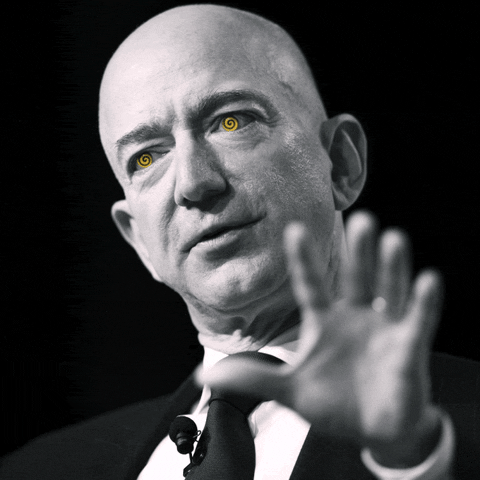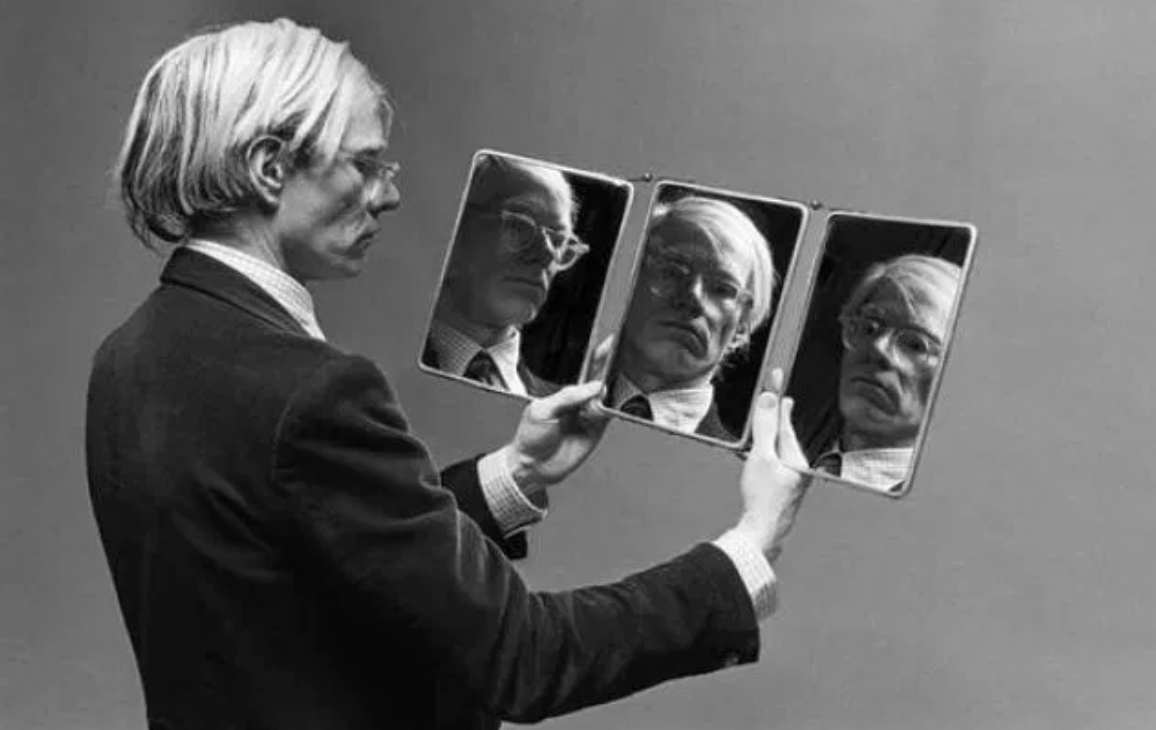
Our world is changing rapidly. Everything is in a state of flux. What works well today may be ineffective tomorrow. The skill we need to survive an uncertain future is the ability to change gears.
- Just think through the daily challenges we face in an omni-connected digital society. We must juggle between our online persona and our real world meat space personality and values
- Navigate the impact of technology in the field we work and how this influences our future income streams
- Adapt to new interpretations of language to more closely reflect a fluid society
- Guess at how to interact with social media’s opaque algorithms for desired outcomes on digital tools
- Relearn how to use constantly updating software
- Continually re-establish ourselves on digital platforms to protect our brand reputation and connection to followers
- Decipher organisational hierarchies and working norms reshaped by emergent generations
- Figure out work-arounds in a volatile global environment with increasing costs of capital and supply chain risk
This list could be a 100 lines long. The one takeaway is that we can’t get too comfortable with the status quo. We need to embrace uncertainty and become accustomed to a state of flux.
The best way to prepare is to develop daily habits that are change-centric. We need to deliberately do things differently, so that it becomes second nature. This is less about technology and more about ourselves as people. By changing our approach, we cope better with rapidly changing technology. This is particularly important when we’ve been successful in business or work, because success hates change.
We all had to do this as a part of the COVID pandemic. Now it’s important that we don’t fall back into the habits of yesterday as work normalises. Personally, my TV show The Rebound would never have happened if COVID didn’t force my hand. Beyond that, there’s many things I do in my career that just don’t work as well as they used to. My Twitter account is a classic example. Engagement in that channel is now very low – change happened. Occasionally, I didn’t adapt as quickly as I should have.
Hack your future – change gears often
Hack your own mind to improve at changing gears by using different approaches to work and life. Treat different situations differently – adapt your style and messages in different forums. It forces an internal shift and helps you cope better with changes that are outside of your control. Kind of like CrossFit for the mind.
Here are examples of how I change gears:
My books and blog: Mostly about technology and its impact on business and the economy, my writing is where I flex my knowledge on the future, emerging technology and geopolitics. These are more intellectual forums for potential clients who want to scrutinise my work and be comfortable in the depth of my knowledge before they hire me in some capacity.
Media: In this forum (News, TV, radio), the gear I’m in is technology translator of the future. I want to show how I can explain the complex in simple terms. I also want the market to know I’m the go-to guy on anything tech and the future. I use the media to build confidence and brand awareness.
Keynote speaking: As the veteran of 500 keynotes in 14 countries, I often tell people that when you’re a keynote speaker, every day is a job interview. You don’t have the luxury of a bad day. In my experience of making speeches, the entertainment factor is more important than knowledge. How engaging you are is what gets you the next gig. However, unless you’re perceived to be an ‘expert’, you’ll never get that first gig. I focus on involving the audience, not talking at them. So it’s a gear that constantly oscillates between expertise and entertainment. In keynote speeches, I need to turn boring tech into something that electrifies a live audience.
Boardrooms: In this forum, my game is full-on economics. It’s about the impact technology has on future business strategies. My gear here is to use a strong financial dialect. It’s all about market capitalisations, price earnings ratios, revenue streams, cost infrastructure, disruptive technology and industry margins. The audience must immediately understand that I’m more than a technologist – I’m actually an economist by training, who just happens to have a deep understanding of technology.
Projects: My projects are all about getting my startup and innovation hat on – to show that I practise what I preach. I’m not an academic, but instead, a practitioner. I know it, because I’ve done it. My latest project is 3D printing a house with Tom from SlikBuild. Here it is all project managment.
Linkedin: This is where I share the work I’m doing. It’s uncomfortable to self-promote.. I aim to show others I’m doing lots of media, projects and keynote speaking. Here I want the masses to see what I’m doing, and that I’m in demand. My prospects will feel assured they are in good company when they hire me.
TikTok: This is my latest social media foray – and it is quite daunting and awkward. In every other digital forum, I have relatively sizeable followings. On YouTube, my videos have enjoyed over 12 million views. I’ve got 10k+ followers on LinkedIn and Twitter. But on TikTok, I am at total ground zero. I’m a beginner again. Two weeks ago, I started posting every day and even have a bet with my son that I can get to one million views by the end of the year. It’s very unlikely I’ll get there, but it’ll force me to upskill in short form video. Despite only having a measly 200 followers, I have posted two videos on TikTok which gained 10,000 views. TikTok has super high engagement levels, hence my investment in the channel. The gear here is one I rarely use in my work – it’s pure motivation and inspiration. I focus on teaching people life hacks to get more out of their career and money. It’s generally something I’ve avoided until now, but I think I have something to offer in this realm, so I’m putting myself out there to see what happens. Get on my TikTok here – it’s gold, baby!
If you can change, everything can change in your favour
Moving between gears doesn’t mean we throw out the skills we have. Instead, we should change how they are used and interpreted in our market segments. The more gears we regularly employ, the more future-proof we become, ready to respond to anything the market throws at us.
If you challenge yourself, you’d be surprised how many gears you can access in your skill base. By changing pace and thought patterns around your work, you’ll garner more respect in your industry, and make an investment in your future.
– – –
Keep Thinking,
Steve.





